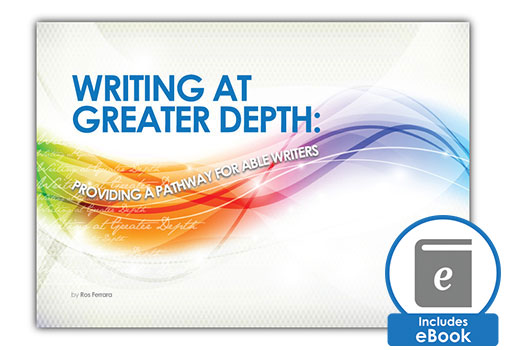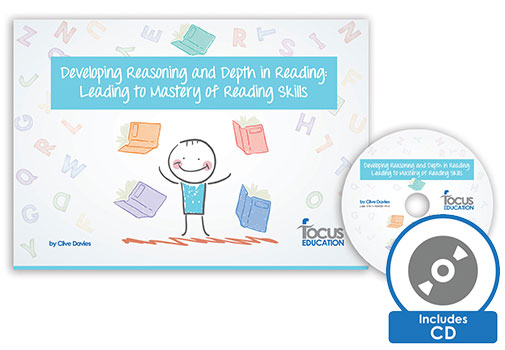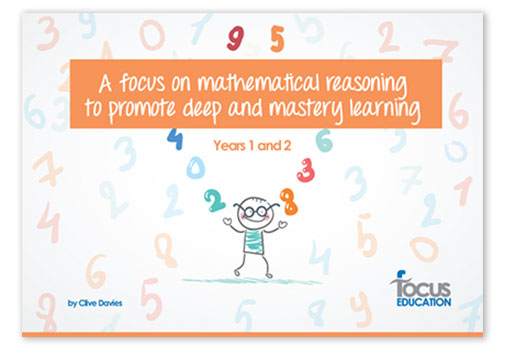
There has been lots of talk about mastery since the first draft of the national curriculum was published. We need not be too precious as it was clearly being talked about in the 16th century.
“If people knew how hard I worked to get my mastery, it wouldn’t seem so wonderful at all.”
Michelangelo
Beyond Levels
Although not new, it is a term that has made it into our professional vocabulary only relatively recently. Perhaps this is because in our previous world of ‘levels’ we were less focused on mastery and more focused on ‘moving on’. That is the very point for the removal of levels. The government talked explicitly about the needs to develop greater depth in learning over progression which did not cement deep understanding.
Lifting the Lid on Mastery
There is no single established view or definition when it comes to mastery and this blog is not intended to give one. The purpose here is to spark thoughts and discussions to deepen professional dialogue.
Perhaps, mastery is connected with the already used concepts of shallow and deep learning. Where does mastery fit with these?
Work with a great many school leaders suggest the following as possibilities:

A useful model when debating and discussing mastery is the psychological model which was developed to depict the stages one goes through in developing competence to mastery standard.

In order to make this meaningful for teachers, it is worth narrowing the discussion down to consider mastery in a specific area to start with. For example, what could mastery look like in mathematics in Year 2? Are there similarities to reading in Year 2?
Some people have tried to develop mastery statements for each objective in the national curriculum. As stated, there are no rights or wrongs. However, if we are not careful, we end up back with ‘levels’ and seem to have gone full circle.
Having considered what mastery might look like, you could ask whether mastery is about a subject or an approach to learning. For a child to master something, it seems that they may need to be able to ‘break the mould’ and take their learning beyond the norm.
Work with many school leaders suggests that mastery may be about some characteristics which we may be able to spot in children, for example:
- Complete independence in using a concept, skills or knowledge
- Fluency in the application of a concept, skills or knowledge
- Ability to apply learning across subject boundaries
- Consistency in application over a period of time
- Ability to apply without reminders or pre-teaching
- Ability to explain connections with other learning
- Evidence of resilience in applying their learning
- Ability to teach to another
Is it worth a conversation with your colleagues about what mastery means in your school? If you start to know what it looks like for you, surely you are more able to plan for this in teaching and learning.
Regardless of whether mastery as a term is used in government publications, even a brief consideration of the notion of mastery seems to suggest it is no bad thing for children to be heading for it!
The Glass Ceiling of Differentiation
Having considered mastery, a set of other questions and considerations may come into play. For many, the whole issues of differentiation is the next obvious discussion point. Differentiation has long been a topic of consideration and discussion, often identified by inspectors as an area for improvement. In many classrooms, children are grouped by ability and maybe referred to planning as HAPs, AAPs and LAPs. Is this an outdated notion? If we want children to aim for mastery in their learning, is this view of differentiation old fashioned?
A key question for all teachers and school leaders is, ‘Does differentiation in your classroom or school accelerate learning or limit learning?’
There are clearly many ways to differentiate learning and an expert teacher implicitly incorporates this into their planning and execution of teaching. With the notion of end of year expectations and mastery, we must consistently ask whether classroom differentiation is imposing a glass ceiling on expectations.
Planning with Differentiation
Many teachers are experimenting with a different way of organising learning, but often not a radically different way of planning.
In one classroom, the teacher plans for her differentiated groups. The groups are set by the teacher and she plans tasks of different cognitive ability. The children undertake these tasks and the year progresses.
In a second classroom, the teacher plans differentiated tasks. The difference here is that children decide their learning tasks. They know there there are tasks with different levels of challenge. Children need to be able to articulate why they have chosen a specific task. In this classroom, children do not sit in differentiated group but in mixed ability groups.
What is the impact of these two models?
In classroom one, the children are confined by a fixed view of ability at a point in time. There is a view that they will be the same ability in all areas of the curriculum with, for example, mathematics. The children work to the level set but struggle to show they can exceed expectations. They see only children who are working at the same stage or level of learning.
In classroom two, children develop greater autonomy and independence because they evaluate and choose their own level of learning. In itself, this is a useful piece of assessment information for the teacher. Children sit with peers who are undertaking different learning tasks so can start to evaluate and challenge themselves. This model allows for children who have strengths and weaknesses in different areas of the curriculum.
As with most things in school, there is never a 100% right or wrong way, but there are nearly always possibilities.
“If you always do what you’ve always done, you’ll always get what you’ve always got”
Henry Ford
So if you want the best for your children and you want them to work towards mastery, how are you lifting the lid on learning in your classroom?
Continue the Conversation
You can read a review from @Ezzy_Moon via UKedchat of my Mastery & Depth book here. As ever, Focus Education is available for questions, comments and suggestions: email us using our contact form on the website or give us a call on 01457 821 818.
Related Publications
Simon has a well-established track record in education, which includes work as a headteacher in several schools, senior Local Authority adviser, lead Ofsted inspector, and CEO/Director of Academies for the Focus Trust. He is also an accredited Myers Briggs (MBTI) practitioner.









